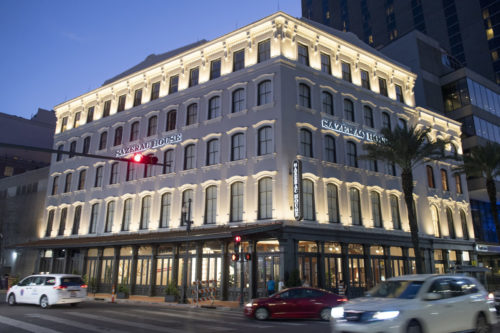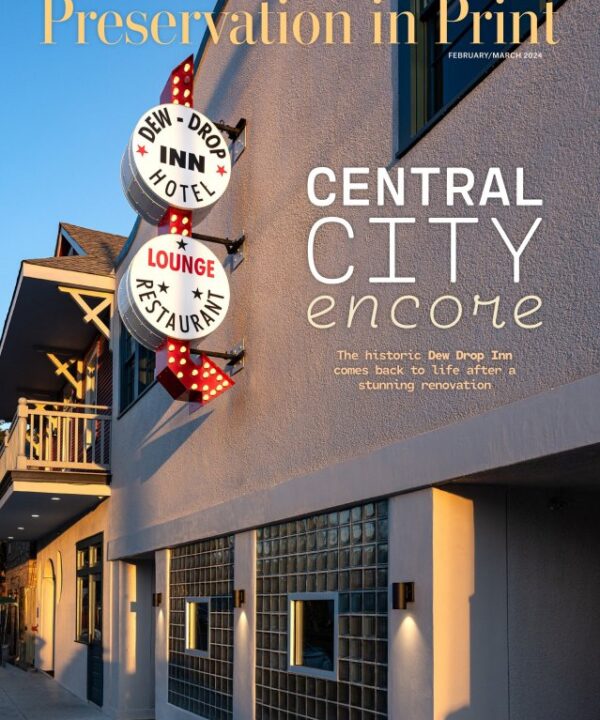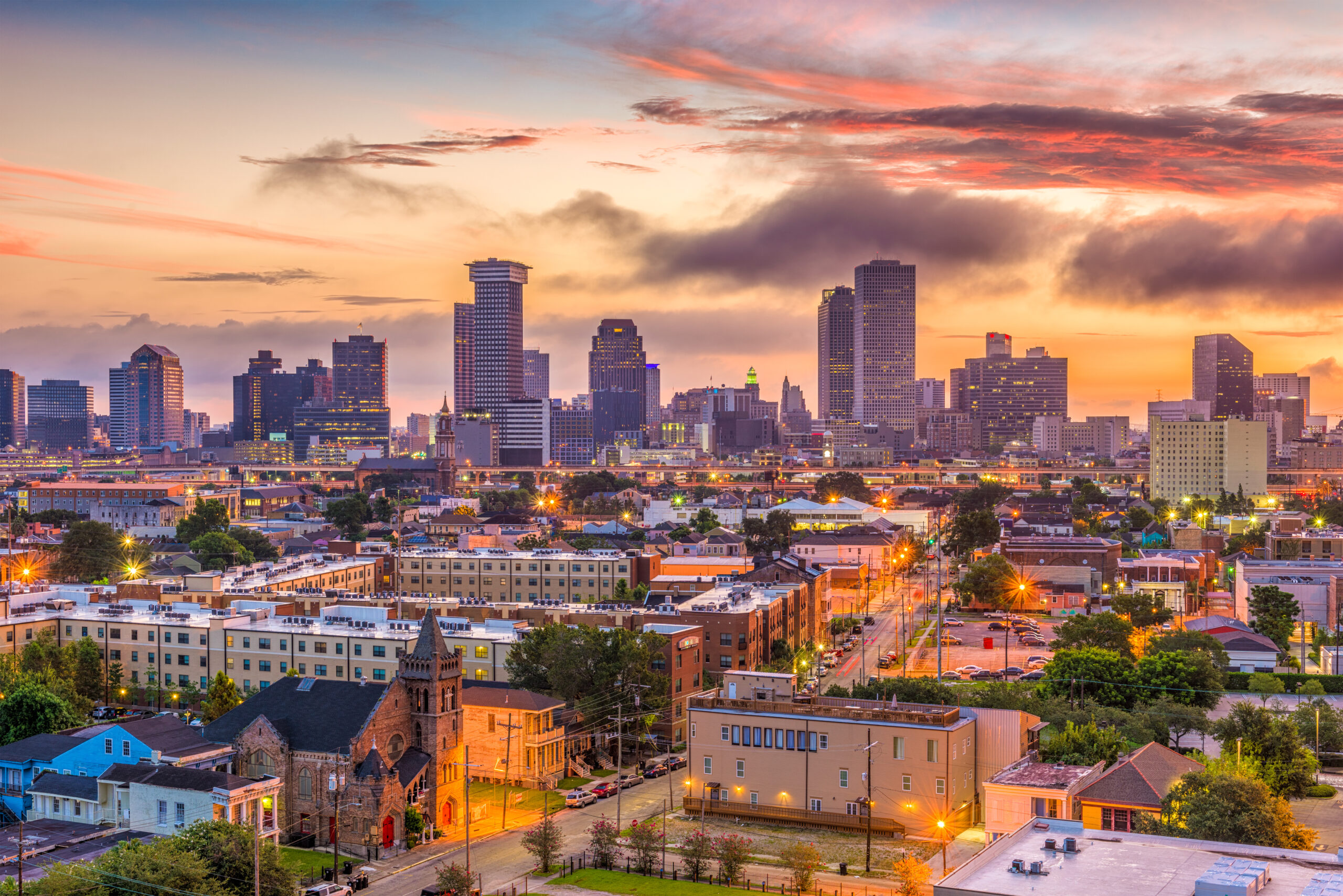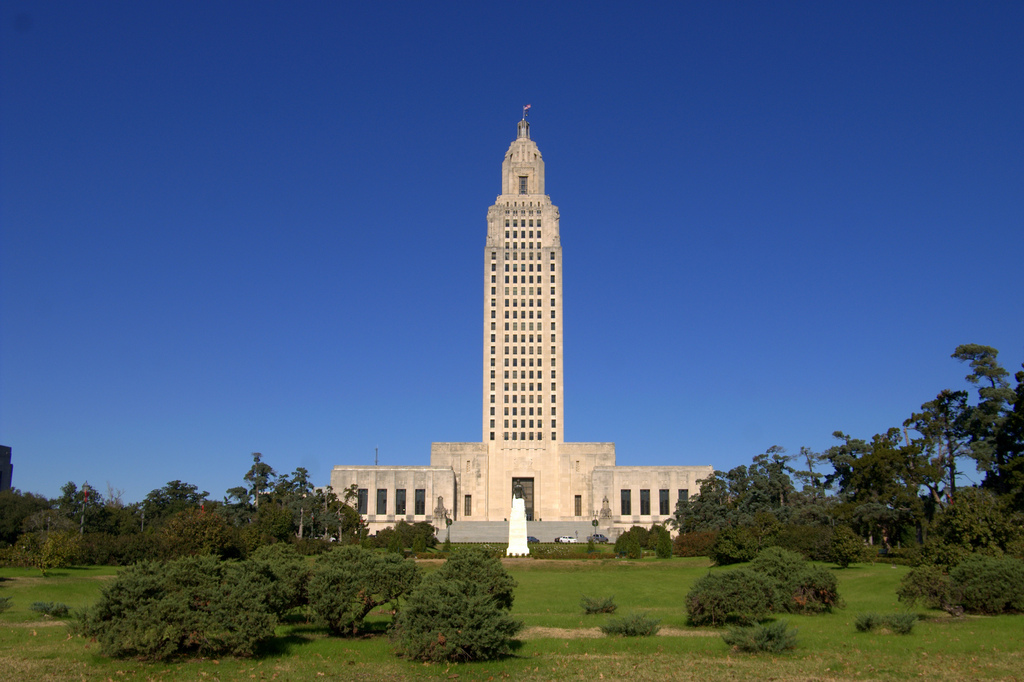Senate District 5 election is Nov. 8
On Nov. 8, two sitting members of Louisiana’s House of Representatives will compete for the opportunity to return to Baton Rouge as a state senator. Reps. Royce Duplessis and Mandie Landry are running to fill the Louisiana Senate seat vacated earlier this year by Karen Carter Peterson.
Senate District 5 is home to some of New Orleans’ top attractions — Ernest N. Morial Convention Center and the Superdome — and many historic neighborhoods, including the Central Business District, Central City, Garden District and much of Uptown. (Use this handy tool to verify if you live in the district.)
PRC asked the candidates to share their views on a range of issues affecting the district’s culturally rich neighborhoods and its residents. Below are their unabridged responses.
PRC: New Orleans is a city of neighborhoods that takes great pride in its unique local culture. It’s easy for residents here to feel disconnected from the rest of Louisiana. Since you have served in the Louisiana House, share your perspective on the ways that decisions made at the Capitol in Baton Rouge affect neighborhoods and culture.
Royce Duplessis: Oftentimes, the decisions made at the state level can feel disconnected not just because of the distance between New Orleans and Baton Rouge, but also because New Orleans is demographically very different from the rest of the state. It is not uncommon for lawmakers of different areas to prioritize different policies, withhold funding from New Orleans due to political differences, or not believe the city deserves as much funding as it does. Senate District 5 is a huge economic driver for the state, which includes the Superdome, the Port of New Orleans, the Convention Center, and many more critical assets. My work in the legislature is based on finding common ground with my colleagues across the aisle to make sure we are passing comprehensive legislation that supports the entire state, especially New Orleans.
Mandie Landry: Mostly through infrastructure and coastal spending. On the flooding and coastal front, the massive investments definitely help the city, as we are at high risk. I would like the state to focus more on basic infrastructure like state roads, drainage, that sort of thing in the city. We might only have about 400,000 residents, but we have 19 million visitors a year, and our neighborhoods are suffering because of this huge influx of people without appropriate care and investment.
Insurance hikes after Hurricane Ida have compounded already rising flood insurance rates and property taxes for many homeowners. What do you say to homeowners who are struggling to pay their mortgage, insurance or repair bills? Is there more the state should do to help?
Royce Duplessis: Louisiana homeowners are in a crisis right now, given the astronomical costs of insurance and property taxes. I can assure homeowners that I will continue to fight on your behalf against insurance companies by enacting penalties against those that aren’t processing claims or covering insurers adequately. With more impending storm events, we have to take into account the reality that there will be more citizens in need of flood insurance coverage. We have to make sure that the premiums are at a reasonable enough rate for people to pay, and that insurance companies have enough reserves to remain solvent when storms hit.
Mandie Landry: Both the state AND federal government need to step in. The situation is dire. If people cannot afford insurance, they will leave the state in droves. We are at the point where we have to fix this as soon as possible.
Climate change is increasing the risk of hurricanes and other extreme weather events. Because of our flood defenses, New Orleans may become a receiving community for those who cannot afford to rebuild or insure coastal homes. What actions do you want to see Louisiana take to make sure historic cities remain viable and become more resilient?
Royce Duplessis: When I was chairman of the New Orleans City Planning Commission, I fought to protect and preserve our historic architecture, while also planning for the future. Last legislative session, I passed legislation urging the Louisiana Housing Corporation to consider emergency preparedness and disaster resiliency characteristics when implementing design criteria for housing developments. I think it is imperative that we implement more green infrastructure projects across our cities in order to manage more rain events and rising waters. We must also make our homes and businesses more flood resistant, implementing more housing elements that prepare homes for storms. We must also be aware that some communities will be permanently displaced by these storms and prepare for people to move into more inland areas. In total, we have to increase our emergency preparedness plans and be ready with our infrastructure for when these storms inevitably do come.
Mandie Landry: First, guaranteed insurance! Otherwise, no one will be able to live here. Second, continued focus in hazard mitigation and green infrastructure. This past session, I set up the Hazard Mitigation (Revolving) Loan Fund, which will be funded with federal dollars for this specific use.
The Louisiana Commercial Rehabilitation Tax Credit, better known as the state historic tax credit, is a powerful catalyst for building reuse. State Senate District 5 has benefitted more than any other, with $2.7 billion invested in building rehabilitations between 2003 and 2020. If elected, will you champion the state historic tax credit program? How?
Royce Duplessis: Yes, absolutely I will. I have done this already, and I will continue to advocate for the state historic tax credit program, which is one of the best in the nation. The economic benefits speak for themselves.
Mandie Landry: Yes.
State Senate District 5 also is home to the New Orleans Convention Center and thousands of hotel rooms. We all know that tourism in New Orleans generates a lot of tax revenue. Are we investing that revenue in the right ways? Could more be done to make the hospitality sector sustainable and equitable?
Royce Duplessis: I think that taking more of our local tourism and hospitality revenue dollars and investing it back into improving the infrastructure of this city will ultimately benefit us in the long run. We cannot have all of the vibrant tourist attractions and activities if we have failing infrastructure. If you look at what’s happening in other cities across the country with their crumbling infrastructure, we cannot afford to have that happen here. I think with respect to making the hospitality sector more sustainable and equitable, there’s definitely more we could be doing. The COVID-19 pandemic was a prime example that displayed those inequities and showed that we need to diversify that industry and prepare our workers for jobs in other sectors as well. One thing we can do to make it more equitable, which I am a proponent of, is to increase the minimum wage in this city. That will give some of the power back to the workers and allow them to support themselves and their families. Also, improving transportation and housing resources for tourism industry workers.
Mandie Landry: We need to raise wages for hospitality workers and make sure they have affordable housing options. And we need better public transportation for them to be able to use. Having a car is expensive, and parking downtown is difficult and expensive.
What else do you want voters to know about you and why you are running?
Royce Duplessis: My years of experience as a state representative, previous civic work (including as chairman of the New Orleans City Planning Commission), and diverse life experiences all helped shape me into an effective policymaker. When I announced my candidacy in June, The Times-Picayune/New Orleans Advocate described me as a serious lawmaker who works well with Democrats and Republicans. In a divided legislature, this is very important. I believe in servant leadership, which is about the service of others and not self. I began after Hurricane Katrina devastated our city. I committed myself to rebuilding this community and started by serving as chief of staff to a former New Orleans City Council member. Later, I attended Howard University School of Law. After graduation I worked as a law clerk for former Supreme Court Chief Justice Bernette Joshua Johnson, where I worked on statewide criminal justice reform policy. I am married to Krystle Ferbos Duplessis, and we are parents to a four-year-old daughter, Reese.
Mandie Landry: I’m running for the same reasons I ran in 2019: we need more bold, strong leaders in New Orleans, who aren’t lifelong politicians and who are not afraid to stand up for our values.





